Did you know? Mishpatim
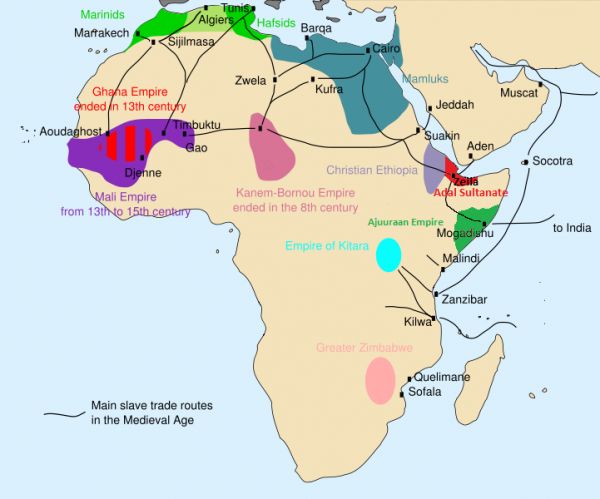
Don't Forget to Share!
Did you Know? That the Muslims were the original slave traders?
Video
Audio
Resources
The following is a list of recommended resources for this teaching:
- More resources coming soon...
Categories
4 thoughts on “Did you know? Mishpatim”
Leave a Comment
You must be logged in to post a comment.

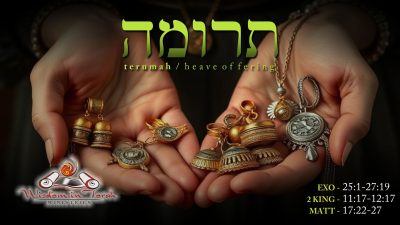

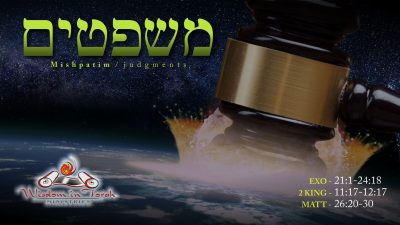
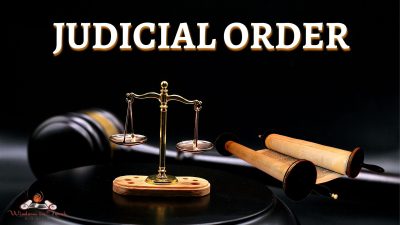
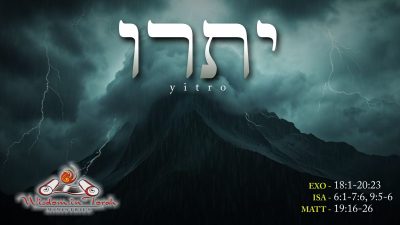
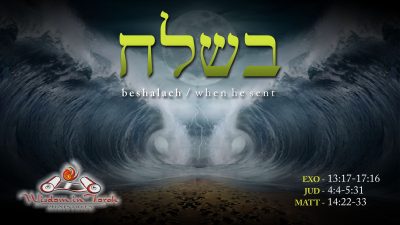
I respect the Torah. I was not raised that way, but felt led by the Lord to look more closely into it. The thing with Torah on adultery. The language is clear how the Torah and its judgments are the same for everyone. Not picking on King David, but I can’t get clear answers on how he was able to not have to go to death for what he did concerning adultery with Bathsheba and having her husband killed in a round about way. I understand that the verdict God gave was just anyway. It seems like the kings were able to somehow skirt around the Teachings; even King Saul who finally fell into the occult, and murdered the priests of the Tabernacle. Really who could judge a king?
Hi Crystal, that is a great question!
The Bible is very different from other ancient Near Eastern literature. Rather than create heroes who we can idealize, it tells the story of humans who fail time and time again. The “heroes” are the ones who turn in repentance back to God and maintain relationship with Him while the villains often try to cover up their mistakes (like King Saul) and do not maintain relationship with God. Reading the Bible from a literature perspective is a field of study that is under-utilized. When we read the story of King David’s adultery with Bathsheba from a literary perspective, it reveals that this episode is part of an ongoing critique of kingship in the Bible. God had made it very clear that He did not wish for Israel to have a king because human kings abuse power. David becomes a prime example; because of his position as king he is able to commit adultery with Bathsheba and then order his soldiers to have her husband killed and apparently nobody questions him. Only the prophet of God confronts him on the issue and being a prophet, he has no legal jurisdiction to mandate a death penalty for David. From the literary perspective, this episode is being used to highlight the problem with human kings…who will judge the king? Who will make him accountable to Torah? No one! It is only the eschatological king, the Messiah, who is ensured accountability to the law.
In addition to the critique on kingship, there are two other lessons learned here. First, God forgives! The fact that even with the horrible acts that David committed, because he repented and accepted responsibility for his crimes (unlike Saul who constantly blamed others for his own failures), he was forgiven and enjoyed relationship with God. This story is meant to give other sinners hope that if we confess our sins, God is faithful and just to forgive us of our sins. This leads to the second lesson: He is faithful and just to forgive us our sins but this does not mean that we escape the consequences of our sins necessarily. In the case of King David, he escaped the death penalty since there was no human being willing to prosecute him, but even though he was forgiven by God, he still suffered the consequences of the loss of a child and chaos in his family for the rest of his life. God will forgive us our sins, but that doesn’t necessarily mean that we won’t face the consequences here in this lifetime. David’s story serves as a warning that even if you escape judgment from human beings, there is a Heavenly Judge who sees and will not let the guilty go unpunished, even if that punishment differs from the ones required by Torah.
Shalom!
I’m so very thankful for the Did You Know? series. I have learned so much. Keep them coming!
Wow, so many people do not know the history and the current culture of Islam. Until recently, I did not realize the scope and insidiousness slavery plays inn Islam. The caste system is still in operation. It’s no wonder children have NO status and are readily sacrificed.
It’s a stark contrast to what is taught in Torah! Thanks for these short informative videos.